We recently received an invite to join the lovely Katie Taylor of the Latte Lounge for a virtual event on how to have a better sex life in midlife, alongside the fun & feisty Lousie Proddow of Rejuvage.
The conversation focused on overcoming anxiety and low body confidence, dealing with painful sex, and how to take control and lose your inhibitions.
There is, of course, limited time for an event, and there just wasn't enough time to share all the information that we wanted to (if you've ever been to one of our events, you'll know we like to talk!). Below the recording, you'll find more advice and suggestions for pleasurable sex during menopause.
What is the Latte Lounge?
The Latte Lounge was set up as a virtual coffee shop for all women over 40, and has grown into a warm and casual place to find support and a sense of community. Women can chat, ask questions, share tips, advice, experience, and keep up to date with news. The Latte Lounge currently has over 20,000 members from 65 countries around the world.
Watch a recording of the chat here:
- Why do women stop wanting to have sex and pleasure?
Our automatic answer was "Do they?" simply because this doesn't necessarily apply to us, but thinking further about it, we can see that it's true: Many women stop wanting to have sex.
There's a long list of reasons for this, especially seeing as we are all individuals with our own set of desire accelerators and brakes, but we'll list a few of the most common reasons:
- Stress - Life and work throw unexpected curveballs at us (just look at 2020!) and all our energy is spent trying to keep our ships afloat.
- Tiredness - Not getting enough sleep or having too much to do isn't favourable for great sex.
- Hormones - Hormones can play havoc with your libido.
- Menopause - Depression, mood swings, weight gain, and hot flashes aren't conducive to feeling sexy and desirable.
- Pain - Anticipation of pain during intercourse discourages even trying.
- Difference in desire - Wanting more sex and not getting it, or not wanting sex but giving in to a partner who wants it in order to avoid a row, are both common reasons for going off sex.
- Sex isn't exciting - Sex is routine and the erotic playfulness of the first few years is long gone
2. Are some couples embarrassed to talk about their sex lives?
Yes, talking about sex can be incredibly difficult.
Some couples start out avoiding talking about the sex and never progress to communicating their desires openly and honestly, and other couples stop talking about it over time.
Being able to speak openly about your likes and dislikes in the bedroom is so important for the overall health of the relationship. Many feel embarrassed and worry that their partner will judge them for wanting something that seems unusual or kinky, or they worry that they will let their partner down or hurt their ego by admitting they have been faking orgasms.
An open conversation doesn't mean carte blanche to shooting your partner down for suggesting something new, or blaming them for a lacking sex life. An open conversation means active listening, and taking some time to consider what your partner is sharing with you. Maybe your instinct is to say a firm no, but taking a few days to mull over what it is they want, and why you don't want it, is a good way forward. Is it something you can reach a compromise on?

A really good book on desire and sex in relationships is Mind The Gap: The Trust About Desire And How To Futureproof Your Sex Life by Dr Karen Gurney.
3. How Can Women Better Enjoy Sex and Self-Pleasure?
First of all, giving yourself permission for pleasure is essential. Most of us have been brought up to think it's "dirty" or self-indulgent, and the only acceptable kind of sex is with a partner.
We call BS on this.
Self-pleasure is the best way of finding out what kind of touch you like, and what you need to orgasm. It's time for yourself, just like going for some light retail therapy in the local shopping centre or taking a solo stroll on a sunny day. It's good for the soul.
A good lube is the second most important thing. 'Lube' isn't code for 'dry vagina' though it will certainly help if this is an issue. If you are peri-menopausal, menopausal, or post-menopausal, you will likely have noticed that your vaginal membranes have become dryer and more brittle. For this, lube is the best thing - it can transform your sex life! Adding some lube to fingers or toys will ensure that touching and playing with your vulva and vagina will be more comfortable.
You may also have noticed that your desire or the kind of stimulation you need to orgasm has changed. This is normal. It may take longer to become turned on, and maybe you need firmer stimulation for the fireworks to be set off. A good vibrator can help with this.
We have a whole website full of fun sex toys and we can help you choose something that will suit your individual needs.
4. Are there other things couples can do if penetration is painful?
Absolutely. Despite society telling us that penetrative sex is the only 'real' sex, we find that many, many women prefer other sexy activities better and it makes good sense. The majority of women don't orgasm from penetration alone, so clitoral stimulation and nipple play (for example) are high up on the list of pleasurable activities.
Sex is like a buffet. You can try a little bit of each dish and then choose bigger portions of the ones you like best. Kissing, touching, erotic massage, playing with toys, mutual masturbation, watching porn together... There is so much to try!
A common comment from women who find penetration painful is that they feel they are letting their male partners down if they don't provide a warm, snug place for their penis.
Not so. No one should have to put themself through sex that is painful - the days of laying back and thinking of England are long gone! But we can understand why they feel that way, and thankfully we have a great toy that will help both partners in such a situation: Tenga Eggs!
Tenga Egg masturbation cups allow couples to play together without a penis going into a vagina, but still giving the sensation of penetration. It's a vagina-saver, people!
5. Which sex toys are recommended for menopausal women?
Toys aren't necessarily ranked on which age group they work best for; it's more about what kind of stimulation someone might like to explore. But, saying that, love balls would probably be our first recommendation for women age 40 and over.
Love balls are weighted exercise balls for the vagina, small balls to squeeze and release the vagina around. Exercising your pelvic floor regularly makes the pelvic floor stronger and helps you regain control and strength. It will take care of any pesky leaks and you'll be able to 'grip' better during penetration and feel more during orgasm.
Vibrations can help you relax and feel more aroused. If you are new to toys, you might like to try a finger vibe, which is teeny-tiny and fits on the tip of a finger.
If you have played with toys before and know what you like, the Mimi vibrator might be a good choice. This pebble-style vibe is fully variable, which means you can set the buzz at a level of intensity you like, be it gentle or super-strong.
If you find your libido needs a kick-start, a wand vibe could be the way to go. Wands are intimidating-looking but don't let that put you off. They are powerful orgasm-givers and can help a stubborn libido get back into gear.

The old adage "use it or lose it" applies to sex and pleasure too. Sex is healthy - it raises the heart rate in a good way, it keeps oestrogen and testosterone levels in balance, it helps pump blood through our bodies... The frequency of sex is down to the preference of the individual, but keeping your motor well-oiled and running is good for you.
And on that thought, we'll leave you to ponder your motor and what you can do to keep it running smoothly...
If you'd like advice about sex & menopause, please email us at advice@sh-womenstore.com xx







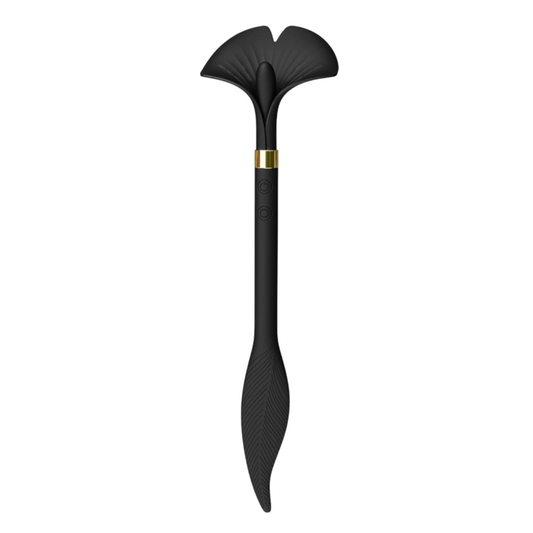
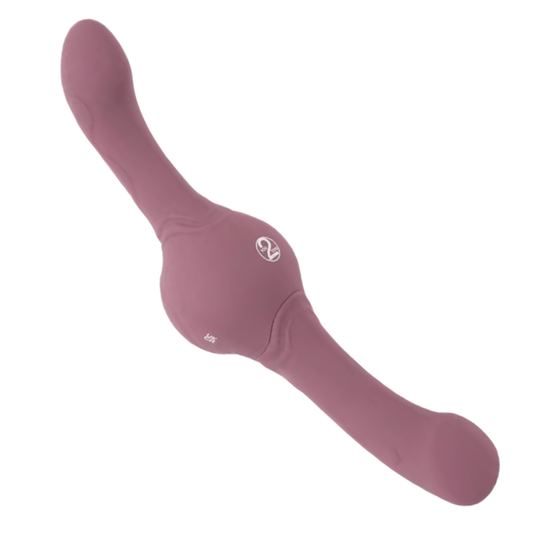
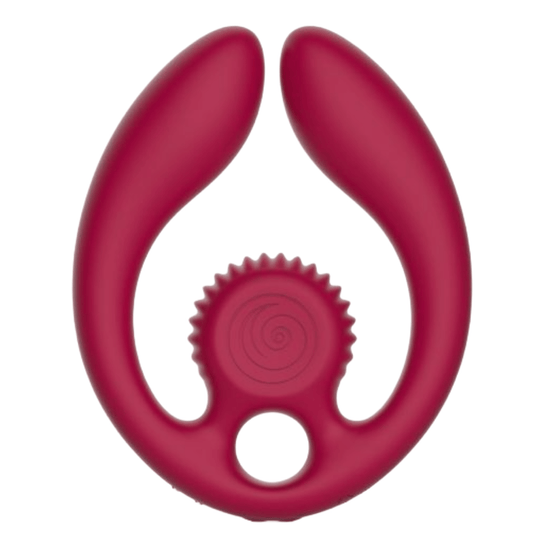
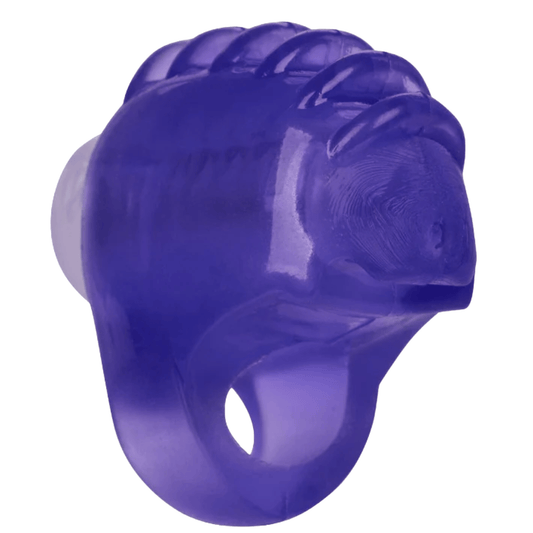
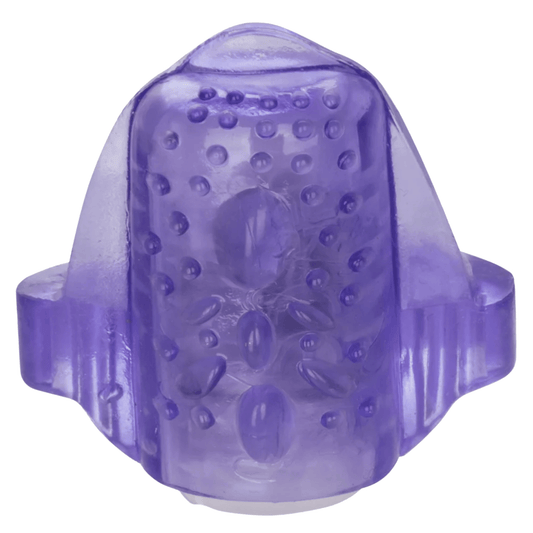
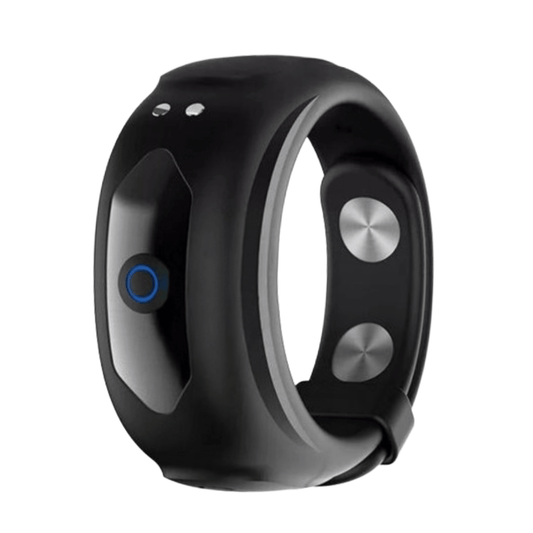

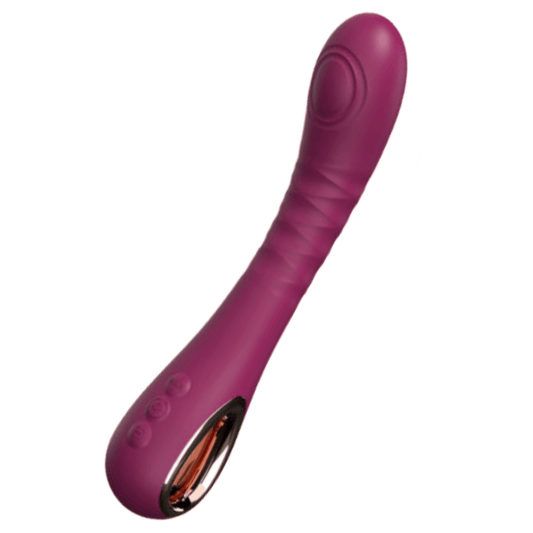
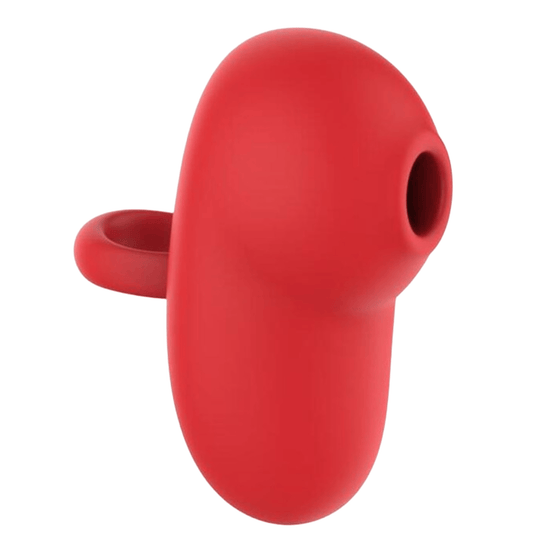
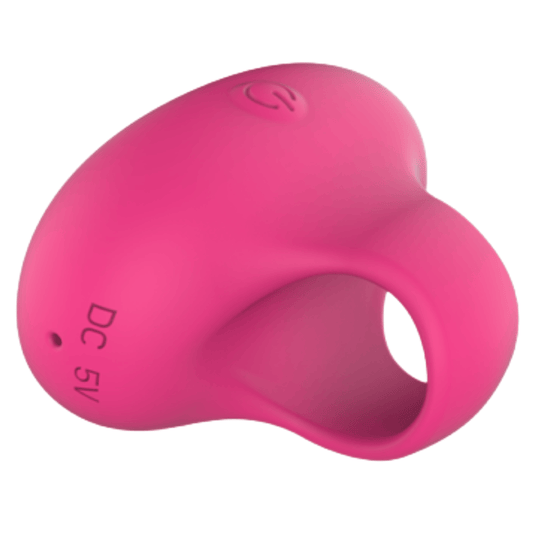
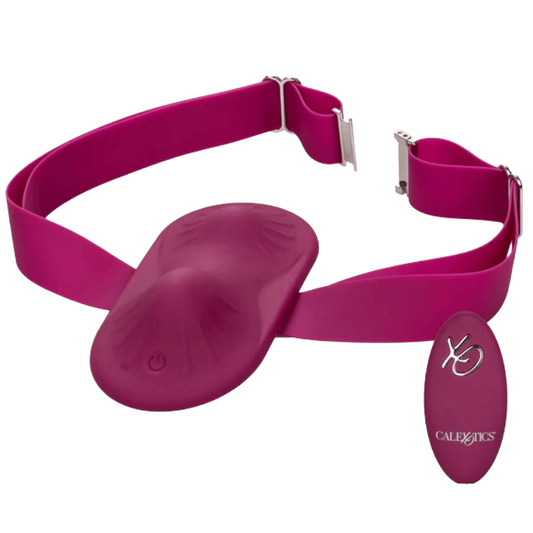
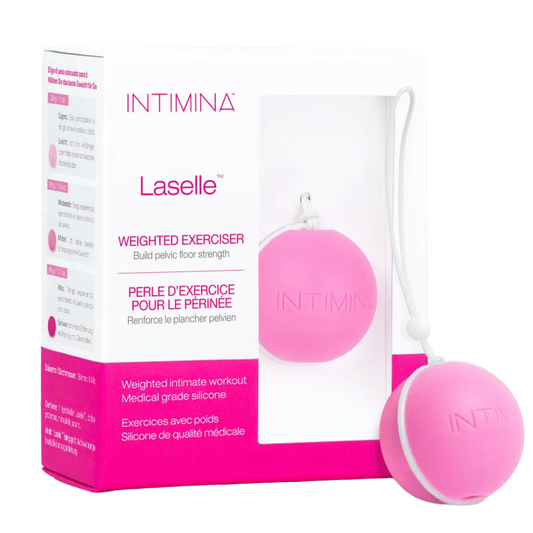
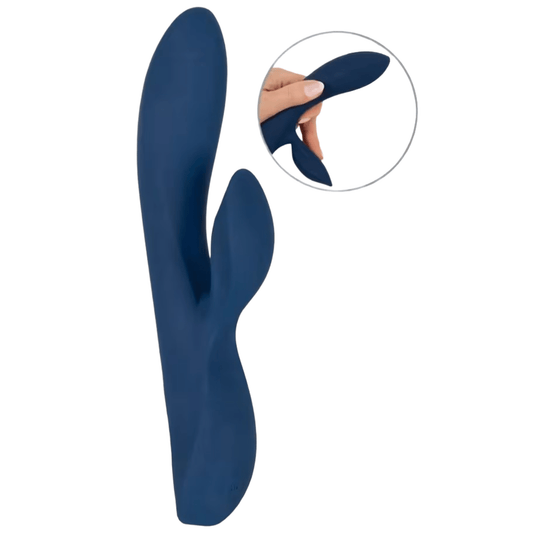
1 comment
Interesting post on a topic not talked about enough in my opinion, thanks for sharing your pearls of wisdom.